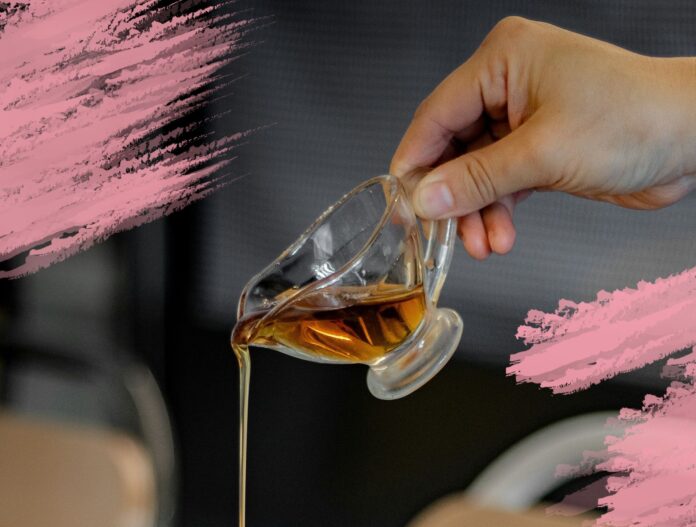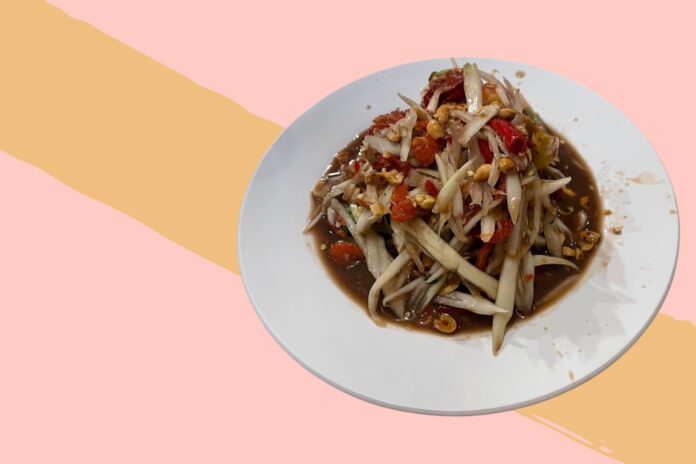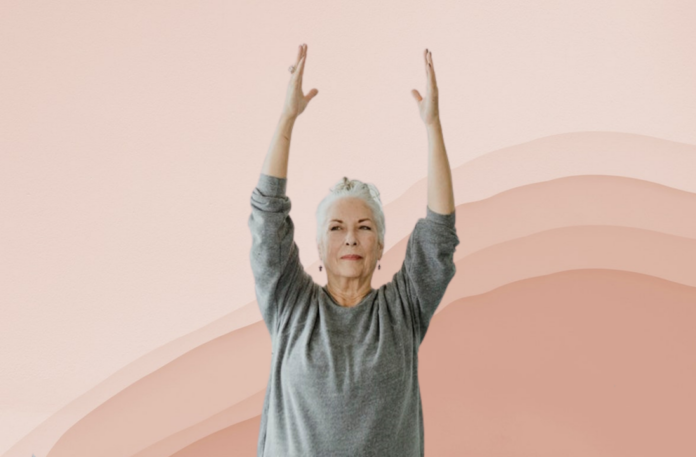Though the temptation to rush back to the road can be all-consuming when you’ve recently been involved in an accident, recovery from any injuries suffered can take time and proper care.
Indeed, there is no set estimate of the safe time needed for healing, particularly when a tentative, gradual approach to recovery is so actively encouraged by medical professionals, both in the physical and psychological fields.
Recovery is, of course, dependent on the person and judged on a case-by-case basis according to activity level, pre-accident health, and injury severity.
But before getting started with a recovery plan, it is crucial to consider the financial burden you experience due to an accident. Whether the accident is severe or not, it is likely to affect your physical and mental health, leading to lost wages and medical expenses for a few days. To ensure that you can focus on your recovery, it is recommended to consult a car accident attorney.
Once you’ve done that, here are 5 ways to help your recovery from a car accident.
Get Yourself Checked Out
Getting yourself checked out by a medical professional as soon as possible after your accident is essential.
While you may not have any injuries that are immediately apparent as being serious, it’s vital that you see your GP (or head to A&E if things seem more pressing) after your accident with haste for two main reasons.
Firstly, even if you’re not obviously injured, you may have suffered underlying injuries. Be aware, too, that some people experience delayed pain after an accident. Whiplash and other injuries like numbness and back pain can lay dormant for a few days, or even weeks, after an incident, so keep alert to this when moving on from your accident.
Secondly, you’ll need to get confirmation of any injuries from an independent medical expert in case you need to make a claim.
If it doesn’t feel like an emergency but you’re not sure whether you should see a medical professional, call the NHS non-emergency advice line on 111.
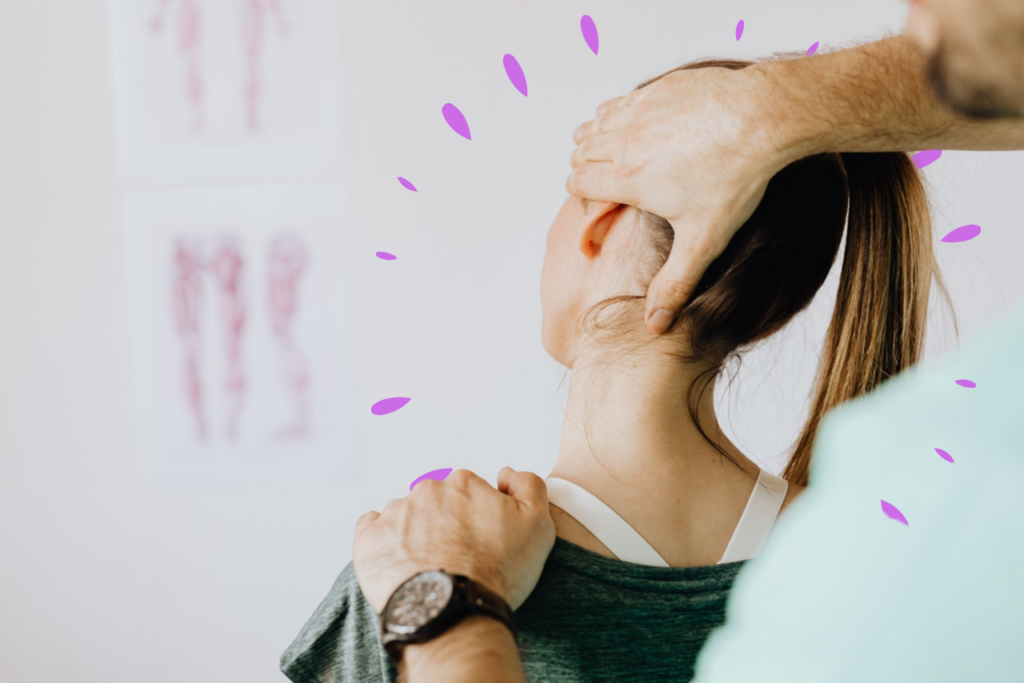
Stay Hydrated & Rest
After an accident, your body needs time to recover, and the best way to encourage this to happen naturally and fully is through rest. The human body starts working to repair damages done to it when it rests; on the flipside, if you overwork and overload your body, it will take longer to heal.
Muscles repair and rejuvenate while we sleep and when we’re not exerting ourselves, which is exactly what you need right now.
It’s almost as important to keep super-hydrated as you heal and recover. Water helps our body flush out toxins, transports nutrients into those healing cells, and plays a role in regulating body temperature, too; all vital stuff for those in recovery.
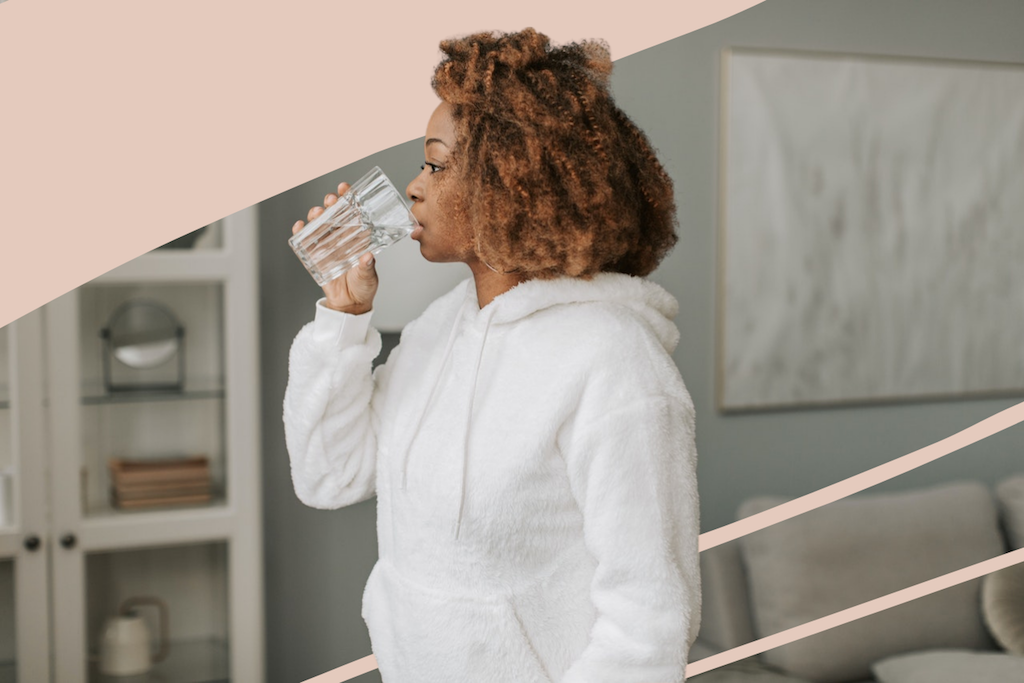
Consult A Physiotherapist
You may well need physio or rehabilitation post-accident to ensure you’re moving freely and not endangering yourself with the risk of further injury in the future.
Make sure you’re open and honest about any physical pain and reduced movement you might be suffering from as there are many different disciplines and specialists involved in rehabilitation, depending on the nature of your injury. These might include an occupational therapist or a physiotherapist, and even a psychologist, if you’ve suffered mental trauma, too.
Physical therapy uses several healing modalities ranging from massages, light therapy, electrical stimulation, ultrasound, and other exercises. These exercises are a whole-body approach to healing.
Perhaps most usefully, physiotherapy treatment emphasises a holistic approach to recovery that combines exercising, diet, and stretching to achieve and maintain your recovery. Speaking of which…
Eat Healthily
Proper nutrition is vital to boost recovery after a car accident, giving your body the necessary fuel required for healing. Though nothing beats a balanced diet, pure and simple, there are certain foods thought to be particularly important in the recovery process.
As the guys at Nuffield Health point out, foods that boost beneficial gut bacteria can be especially useful to healing, as both prebiotics and probiotics help in ‘’producing white blood cells and vitamin K for effective wound healing.’’
Vitamin D matters massively, too, with egg yolks and oily fish particularly good sources. That oily fish is also crucial to the recovery process because of its high concentration of fatty acids, which help mediate inflammation. For vegetarians, these fatty acids can also be found in avocado, nuts and seeds.
Read: Tinned sardines recipe ideas
Leafy greens full of antioxidants – think broccoli, kale, spinach and cabbage – are excellent for those recovering from injury, too, and finally, it’s important you’re eating lots of protein, as we’re dependent on the stuff when replacing worn-out or damaged cells. Just ask any bodybuilder!
Massage Therapy
Alongside physical therapy, you may also try massage therapy. Massage therapy is effective in treating and boosting injury recovery. It can also help increase blood flow, provide stress relief, improve range of motion and reduce muscle spasms.
If you experience a whiplash during a car accident, massages can also help in whiplash recovery. It can also relieve some tension in your neck muscles.
The Bottom Line
If you’ve been in a car accident, it’s important to get the treatment you need to make a full recovery, especially if you have any physical injuries that need attending to. However, while many people focus on the physical and financial difficulties, the mental health implications are often overlooked. Do check out the Royal College of Psychiatrists’ official resource on coping after a traumatic event for more on dealing with the mental burden in the aftermath of an accident.
Similarly, if you are hurt in a bicycle accident, seeking legal assistance can be crucial in navigating the complexities of insurance claims and ensuring you receive proper compensation for your injuries and damages.
*This article is not intended to replace medical advice, diagnosis or treatment given by a qualified health professional. Instead, this article only provides information, not advice. For any medical enquiries, always consult your GP first*

